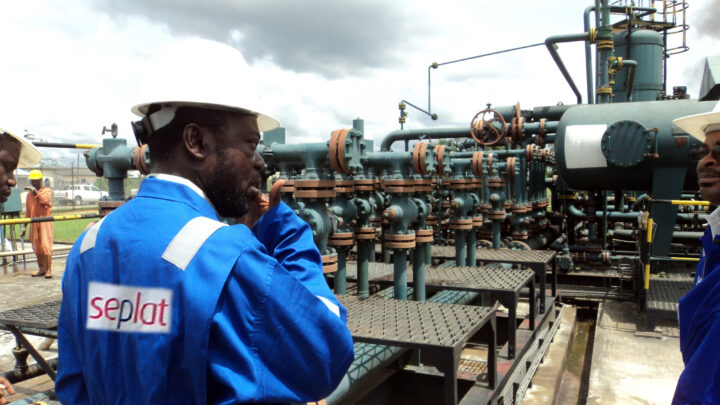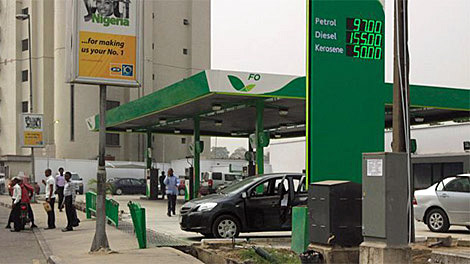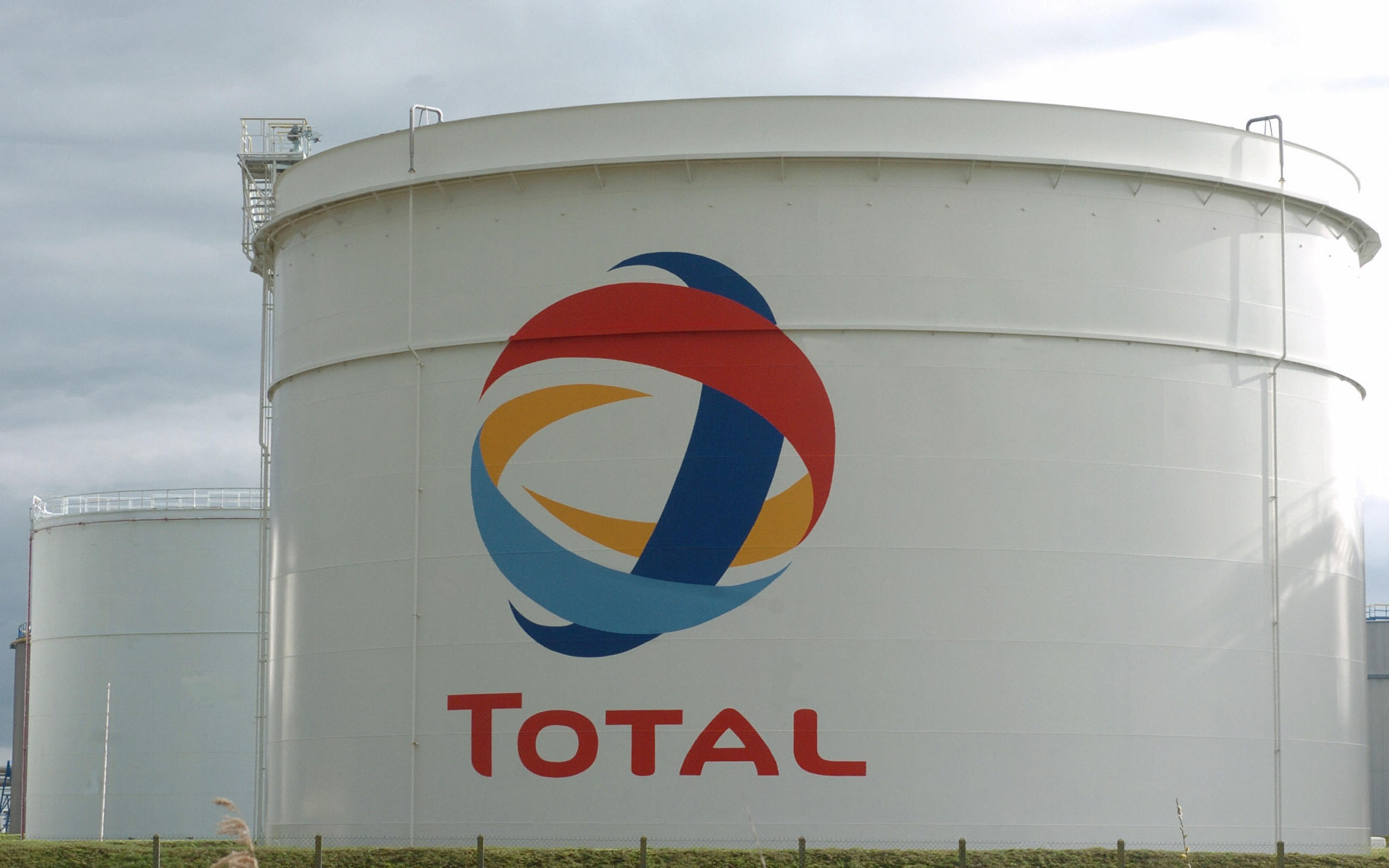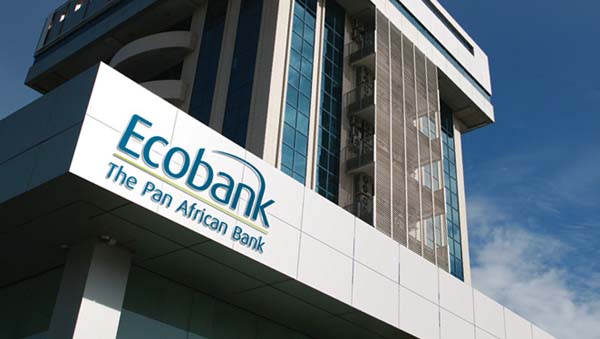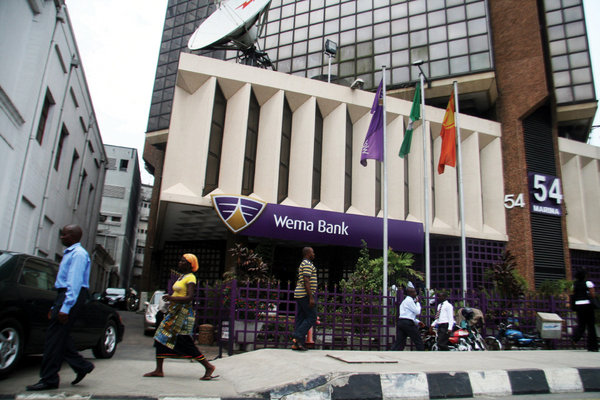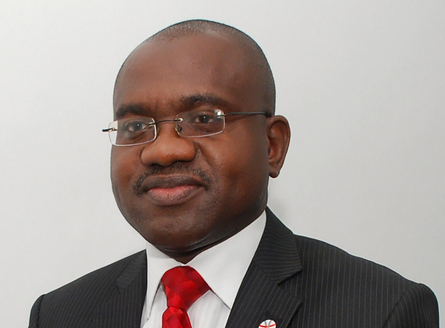Seplat Petroleum Development Company lost more than one-half of its preceding year’s net profit at the end of 2014. Some major developments in the year undermined the profit capacity of the petroleum drilling and exporting company during the year. It suffered a decline in sales revenue due to the fall in crude oil prices in the international market. General and administrative expenses more than doubled and claimed an increased proportion of revenue. Interest expenses also more than doubled due to the growing debt profile of the company. A tax rebate of over N14 billion in the preceding year was completely missing in 2014.
Mr. Austin O. Avuru, group chief executive officer of the company set N16 per share as the minimum dividend to be paid to shareholders in 2014. He paid an interim dividend of N9.30 per share last November while a final dividend was yet to be declared at press time. Despite the drop in profit and earnings per share in the year, the company is well able to meet the dividend target promised. It is however significantly constrained by cash flow difficulties due to large investing activities.
The company’s operations in 2014 ended with a sales revenue of N124.38 billion, which is a decline of about 9% over the corresponding figure of N136.66 billion in 2013. The drop in sales revenue follows the decline in the international prices of crude oil as well as unplanned down time during the year. Gas sales increased by 56.4% to N4.39 billion and slightly moderated a decline of 11.6% in net crude oil sales.
Asset turnover went down from 0.67 at the end of December 2013 to 0.28 at the end of last year. This means a naira of the company’s assets generated about 28 kobo of sales revenue in 2014, down from 67 kobo in 2013. An expansion of 73.3% in oil and gas assets did not translate into revenue growth.
Advertisement
After tax profit dropped by 52.6% to N40.48 billion at the end of the 2014 financial year. This is against the net profit of N85.43 billion the company reported in 2013. Apart from rising cost and loss of sales revenue, the absence of a tax rebate, which added N14.40 billion to the bottom line last year, led to the drop in profit. The company is still enjoying nil tax expense due to its pioneer status.
Earnings per share dropped from N213 in 2013 to N79 at the end of last year, by far still the highest earning company listed on the Nigerian Stock Exchange on per share basis. The drop follows the fall in net profit as well as an increase in outstanding shares during the year.
The company showed some major changes in the cost structure to the detriment of profit capacity in the course of last year. Interest expenses led major cost increases that caused the sharp drop in profit in the year. Finance cost rose by 133.8% to N7.91 billion and claimed a significantly increased share of sales revenue.
Advertisement
Another major cost increase happened in respect of administrative expenses, which rose by 117.7% to N24.32 billion at the end of December 2014. This claimed 19.6% of sales revenue, rising from 8.2% in the preceding year.
Cost of sales declined only marginally at 1.4% to N50.65 billion against the decline of 9% in sales revenue. Management therefore devoted an increased share of revenue to cost of sales in the year, which caused a drop of 13.5% in gross profit at N73.73 billion. Gross profit margin declined from 62.4% in 2013 to 59.3% in 2014.
The cost-income relationship of the company in 2014 shifted heavily to the detriment of profit capacity. Net profit margin declined from 62.5% in 2013 to 32.5% at the end of 2014. The company therefore faces challenges both in converting assets into revenue and in converting revenues into profit.
The rapid increase in interest expenses seen in the year is driven by the increasing debt profile of the company. Short-term debts soared by 118% to N64.20 billion at the end of 2014 and long-term borrowings also advanced by 135.6% to N44.18 billion during the year.
Advertisement
Increased borrowing is necessitated by rapidly growing inability to collect trade debts. Trade and other receivables more than tripled at 210% to N198.10 billion in 2014. Trade and other payables grew by 84.4% to N71.92 billion during the same period.
New investments in oil and gas assets created cash flow pressure for the company last year. There was a net cash utilisation of over N143 billion for investing activities in the year against a net cash generation of a little over N36 billion from operating activities. The investments had to be financed with proceeds from new issue of shares and bank borrowings.
Add a comment

